The Duke and Duchess of Cambridge were caught out by photo ops that some criticized for their colonialist undertones. The Prime Minister of Jamaica told the couple in public that his country would be “moving on.” Prince William later conceded that foreign tours were an “opportunity to reflect.”
A follow-up visit to the region by the Earl and Countess of Wessex then had to be rearranged to avoid Grenada, where there have been calls for the UK to pay reparations for slavery. There were concerns in the government that the issue could overshadow the visit.
A visit to Canada by Prince Charles and the Duchess of Cornwall last month was less contentious — while there is a republican movement there, it isn’t rooted to the same extent in issues of slavery and race.
The heir to the throne may be under more scrutiny in Africa next week, when he attends the Commonwealth Heads of Government Meeting in the Rwandan capital, Kigali. While the Queen is the head of the Commonwealth, the role is purely ceremonial and the UK has no more power within the grouping than any other country.
Charles will represent her, which will help prepare everyone for the time when he takes over as head. The question that inevitably surfaces is whether he will be as effective as his mother, but he’s no doubt used to that. The more profound question that comes up is whether, with its origins in the British Empire, the Commonwealth is still relevant.
The location of the 2022 meeting may provide one argument in favor of the organization. The host, Rwanda, only joined the group in 2009 and has no historical ties to the UK. In fact, this will be the first time a member of the royal family has set foot in the country.
“My wife and I much look forward to meeting Commonwealth leaders and, for the first time, being able to visit Rwanda,” Charles said ahead of the visit. “Over the years, I have learned a great deal from the ideas, concerns and aspirations which people across the Commonwealth have so generously shared.”
There will be other engagements built around the main event. Charles will visit a college and a wildlife sanctuary, and attend summits on sustainable business and tropical disease. Camilla will go to a library and later give a speech on violence against women and girls. Together they will lay a wreath at the Genocide Memorial and meet both survivors and perpetrators of the 1994 massacre of Tutsis.
UK Prime Minister Boris Johnson will also be attending “CHOGM,” as the meeting is known. He won’t be able to avoid questions on his asylum policy, following a storm back home. He has tried and failed — so far — to get legal clearance to fly people seeking asylum in Britain to Rwanda for processing, with successful applicants granted asylum there instead. Charles reportedly described the plan as “appalling.” Photographers will be looking for any signs of tension between the two, though the prince will be keen to avoid any accusations of political interference.
For the inside track on the Rwanda tour, look no further than this newsletter. We will be traveling with Charles and Camilla to and from Kigali. See you back here next week…
WHAT ELSE IS HAPPENING?
The Queen hits another milestone!
There were no bells and whistles this time round but Queen Elizabeth II quietly broke yet another record in the past week. On Sunday, she officially became the second longest-serving monarch in world history. The Queen overtook Thailand’s King Bhumibol Adulyadej, who died aged 88, having achieved 70 years and 126 days on the throne between 1946 and 2016. In case you’re wondering, the record for longest-ever reign belongs to Louis XIV of France. He ruled for 72 years, 110 days, from 14 May 1643 to 1 September 1715.
William and Kate attend Grenfell memorial service.
The Cambridges paid their respects to bereaved relatives and survivors of the Grenfell Tower fire on Tuesday — exactly five years to the day after the tragedy. The pair chatted with attendees before taking a seat for the multi-faith service at the foot of the building. They joined the congregation in a 72-second silence in memory of the 72 victims who perished in the fire that tore through the west London high-rise. Following the memorial service, the couple laid a wreath in honor of the victims. Back in 2017, William accompanied his grandmother to the site to meet members of the community affected by the blaze.
DON’T MISS
Ahead of Prince Charles’ visit to Rwanda, two daughters have written a plea to the heir to the British throne for CNN. Carine and Anaïse Kanimba are the adopted daughters of Paul Rusesabagina, the hotel manager who inspired the film “Hotel Rwanda.” He was convicted of terrorism-related charges and sentenced to 25 years in prison last September, in what his supporters said was a politically motivated show trial. The US State Department said last month that Rusesabagina had been “wrongfully detained.” In an op-ed for CNN, his daughters are asking the visiting royal “not to remain silent” and “to not shake the hand of the tyrant who is holding our father as a political prisoner.”
Read their message for Prince Charles here.
ROYAL TEA BREAK
Most of us have read the tales of King Arthur and his Knights of the Round Table. At the very least you’ve probably seen the 1963 Disney classic “The Sword in the Stone.” Well, it turns out the Arthurian legend has even had a few blue-blooded fans over the centuries. In fact, King Edward III was so taken with it that nearly 700 years ago he created his own group of chivalrous knights — the Order of the Garter.
Now, this elite institution still exists, and every June it gathers for the annual Garter Day procession at Windsor, after which new members are welcomed into the fold, a lunch is put on and then it’s over to St. George’s Chapel for a service. The event is pretty spectacular, as traditionally the Queen and the knights — who are now both male and female — don fabulously grand velvet robes with plumed hats for the parade. Members of the order — 24 in total, as well as certain royal family members — are personally chosen by the sovereign, in recognition of an individual’s service to the nation through public office or to the monarch personally.
This year’s event caused a bit of a stir as former British Prime Minister Tony Blair was invested as a member of the Order of the Garter, becoming “Sir Tony.” Beyond the castle’s walls, Stop the War activists and members of the Free Assange movement protested the former leader’s appointment to the country’s most senior order of chivalry, chanting “war criminal” and holding placards. Separately, there was some royal drama after it was revealed Prince Andrew had been blocked from attending parts of the day. A royal source told CNN Monday that the embattled royal would only be going to the private events and would not be seen in public, in what was understood to be a “family decision.”
Max went deeper into Britain’s oldest and most senior order of chivalry over on TikTok:
PHOTO OF THE WEEK
Prince Charles peeks at the ponies as he and Camilla — along with several other members of the royal family — enjoyed a day at the races for Royal Ascot 2022. Sadly, the Queen wasn’t in attendance, due to her mobility problems, and was probably watching from the comfort of her Windsor home down the road, especially as she had a couple of horses running on Gold Cup day. Both ended up coming second in their races but the events would have still delighted the monarch, according to her racing manager, John Warren.
He told Britain’s PA Media news agency that he was “disappointed for Her Majesty” but “she gets it.” He explained that horses are “her passion, and the Queen would have absorbed everything that was there to be seen. She is so engaged in it that it is nice to know that she is probably seeing more than we do!”
“If we come together to raise the importance of early childhood development, we’ll soon see that healthy, happy individuals make for a healthier, happier world. Which is why every second we spend with a child, is an investment in our collective future.”
The Duchess of Cambridge
Kate, who founded the Royal Foundation Centre for Early Childhood last year, made the remarks as the organization unveiled new research into public perceptions of early childhood development on Thursday. One of the findings revealed that while nine in 10 agree on the importance of early years in shaping a person’s future, less than a fifth recognize the “unique” importance of the period between 0 and 5. Alongside the new research, the duchess hosted a roundtable discussion with representatives from the early years sector, including the UK Secretary of State for Health Sajid Javid and Minister for Families Will Quince.












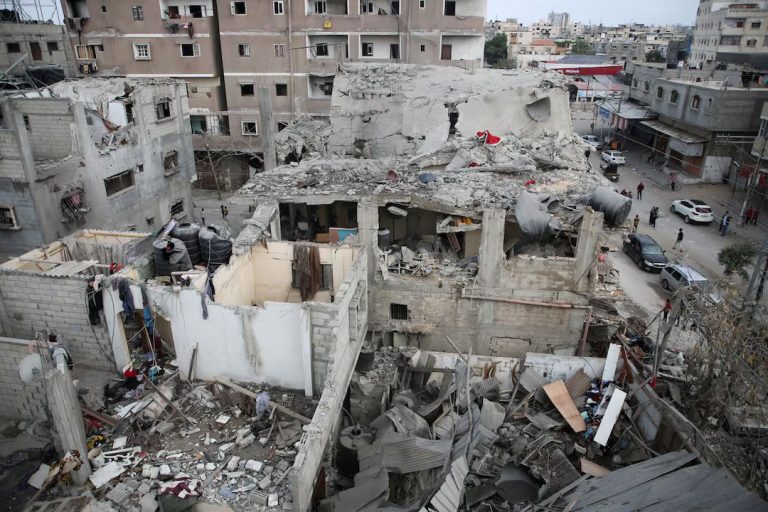
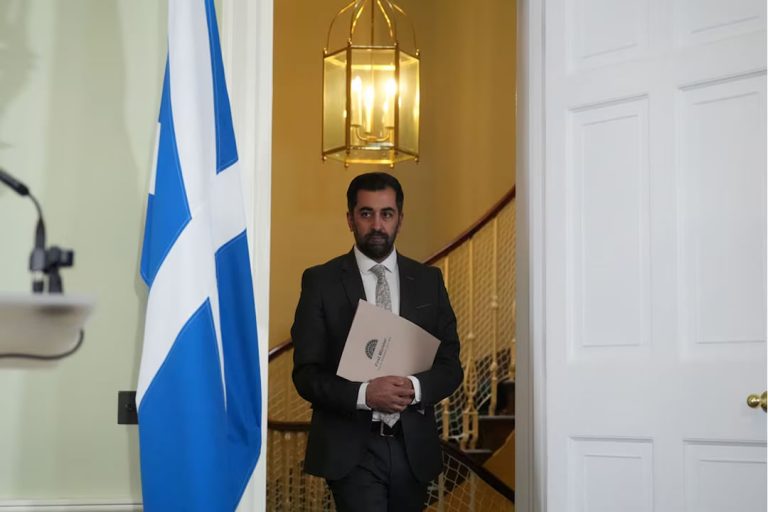

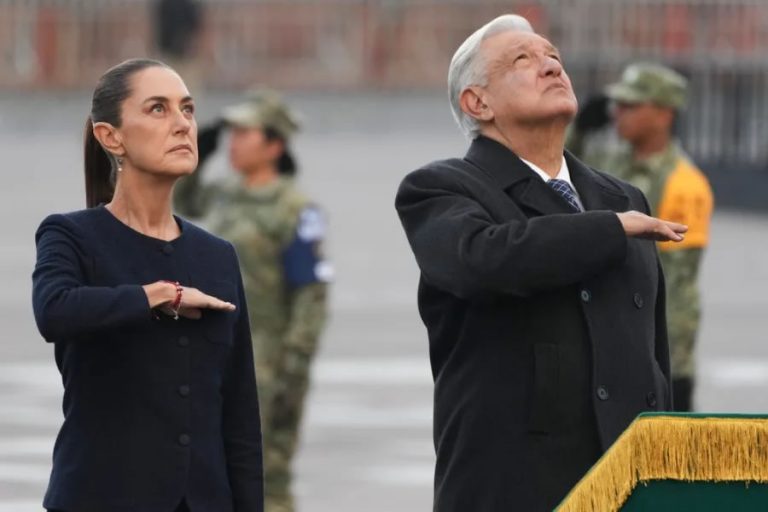
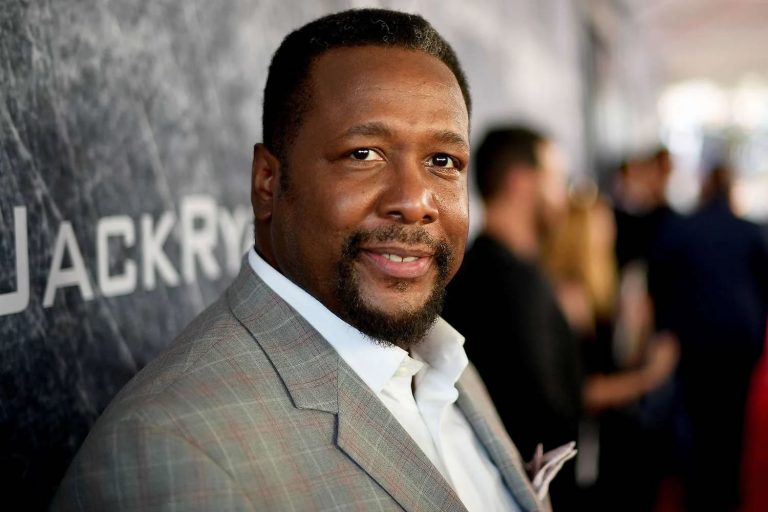
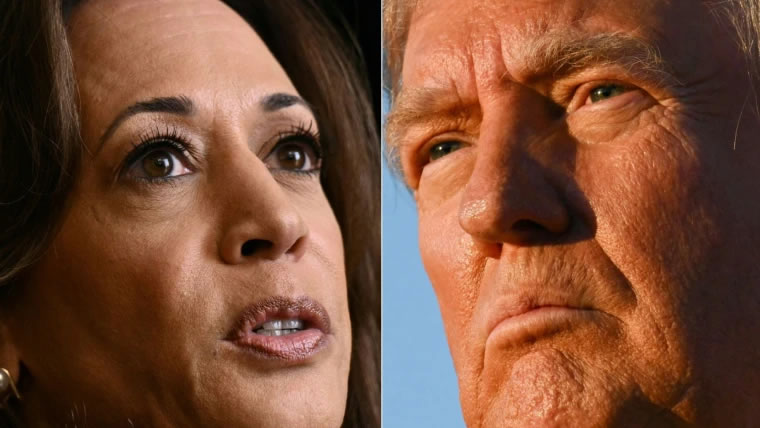
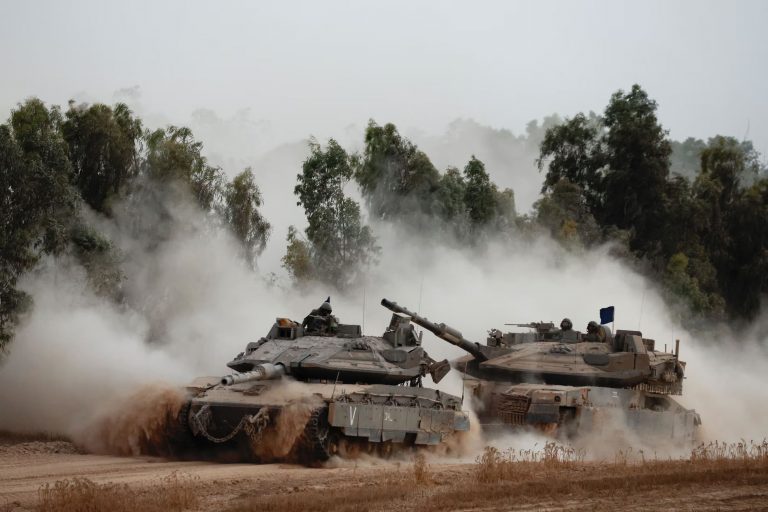

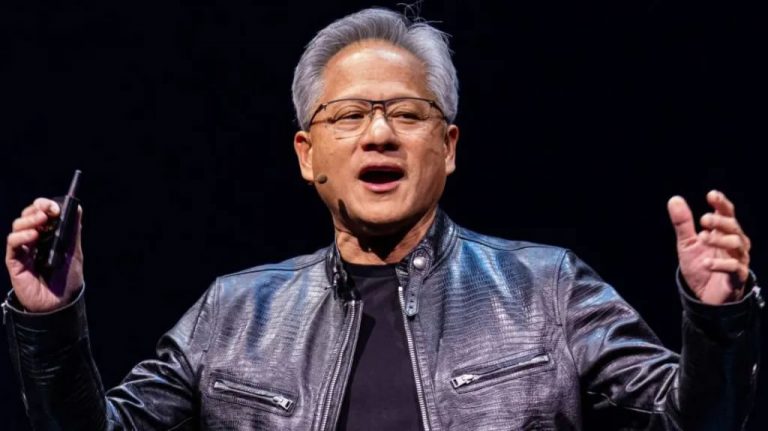
+ There are no comments
Add yours